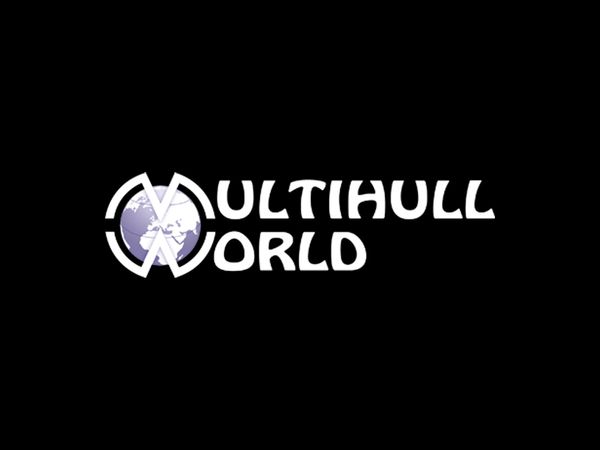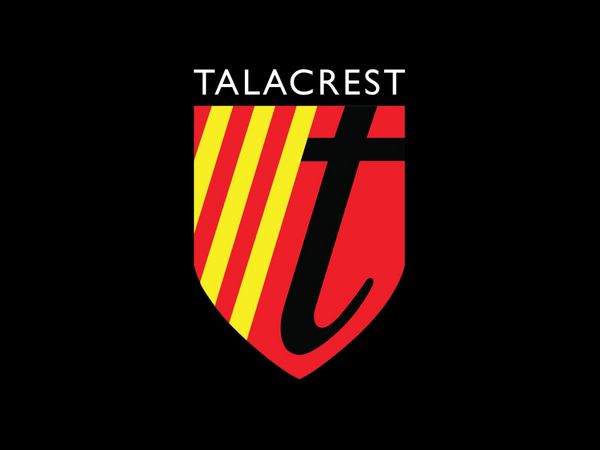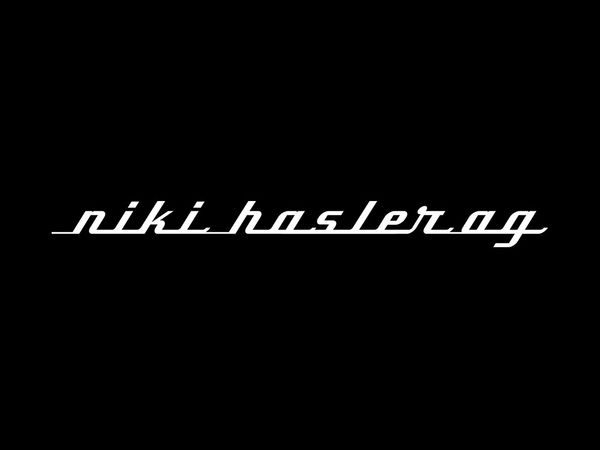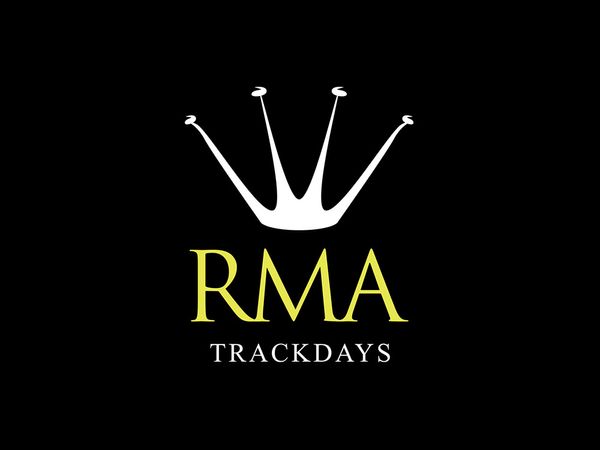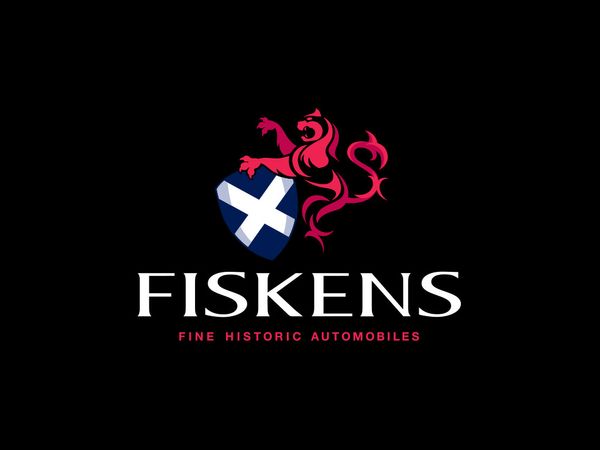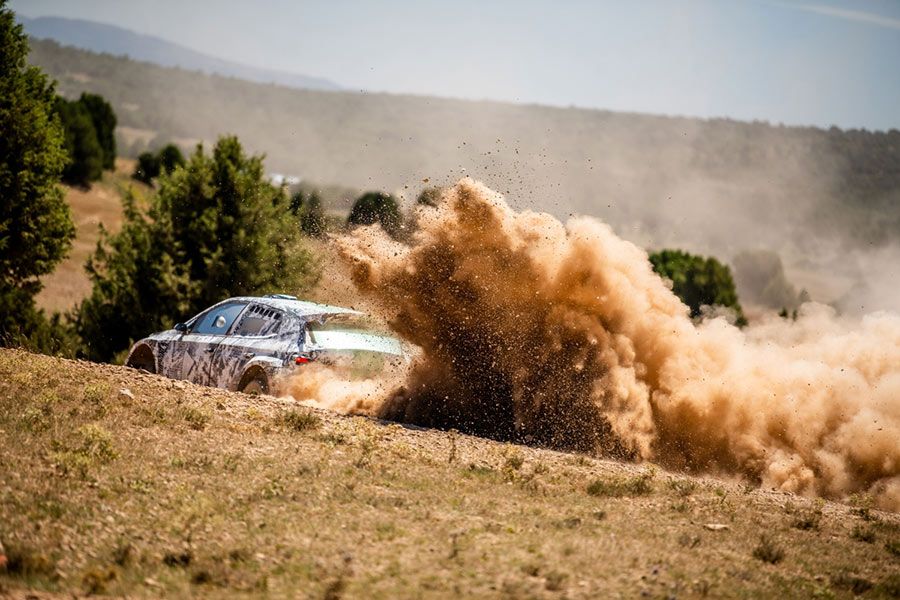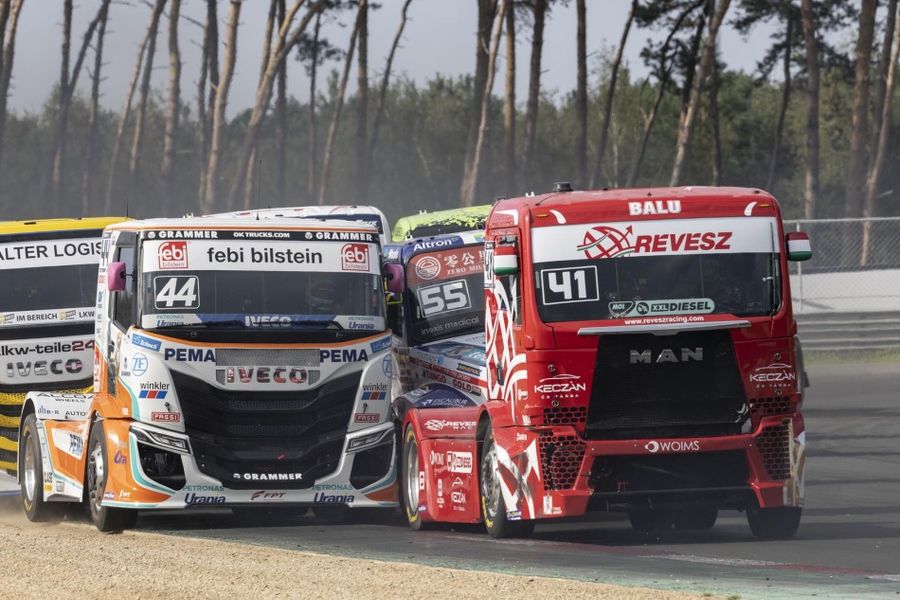DIRK MUELLERJOEY HANDSEBASTIEN BOURDAIS THE MODERATOR: We're being joined now by our GT Le Mans class winners here at the 55th Rolex 24 at Daytona, co‑drivers of the No. 66 Ford Chip Ganassi Racing Ford GT, Joey Hand, Dirk Mueller, Sebastien Bourdais. It's the 19th Rolex 24 class win for Ford, seventh Rolex 24 win for Chip Ganassi Racing, first in the GT ranks. Second Rolex 24 win for Dirk. He also won here in 1998 in the GT1 class, second Rolex 24 win for Joey. He finished first overall in the Daytona Prototype class in 2011, and the second Rolex 24 win for Sebastien overall, a Prototype class win in 2014. This is the sixth major U.S. sports car victory for Sebastien Bourdais. He has four in the IMSA WeatherTech SportsCar Championship, one in the American Le Mans Series, one in GRAND‑AM. 15th U.S. sports car win for Joey, second in the WeatherTech Championship. He had six ALMS victories and seven GRAND‑AM race victories and 20th victory for Dirk, first one here today in the WeatherTech Championship. He had 18 in the American LeMans Series, one USRRC, which was that one Rolex 24 victory we mentioned a few minutes ago from 1998. Gentlemen, congratulations. Joey, why don't you start us off since you started the race for the team from the pole. Certainly seemed like the No. 66 Ford GT was strong throughout the 24 hours but certainly a lot of tough competition, as well. If you could just give us your thoughts on that. JOEY HAND: Yeah, well, I was in here right after that first stint, and we talked about it. I told my family at home before I left that I had a good feeling about this and I felt like we could win it. We left the Roar strong. We came here and we struggled a little bit with the car, but we worked really well together. The three of us together, you may not think it, a German dude and a French guy that's got a bunch of IndyCar championships and a Californian, but we do really work well together. We got the car sorted out along with John Hennek and our boys at Ford Performance, Chip Ganassi Racing, and we qualified on the pole. The weekend was just going as it should, as you hoped, and the car was fast throughout the race. We had a good car. It was racy. Setup we went with made us pretty strong in the wet, also, and we all had to drive through some of that treacherous rain. I'll tell you what, I've done a lot of racing in my life, and for whatever reason that was some of the toughest stuff we've dealt with. Trying to stop the car, trying to just do it right, you just don't want to be that guy in the middle of the night, there's really nothing to win and everything to lose in that moment. We did what we had to do. We got the car through. There's no scratches on it. It's dirty but everything is still on it the way it rolled out of the trailer, and Dirk brought it home for the win, which made me very uncomfortable to watch, and sweaty. THE MODERATOR: Let's move over to Sebastien. This is the same three drivers who won last year at the 24 Hours of Le Mans, as well. Certainly something seems to click with the three of you. Can you put your finger on maybe what that is? SEBASTIEN BOURDAIS: No, I don't know. You know, things just work out. Yeah, you say it's you and you said it's him and I say it's me. So it's all right. No, I'm joking. At the end of the day, it's one of those oldest endurance races that everybody needs to win or to lose, and to be honest with you, we just didn't put a foot wrong or a wheel wrong, neither at Le Mans, neither here, and it just paid off. Like Joey said, the car is in one piece, it doesn't have a scratch on it. We didn't go back to the garage, didn't make any unscheduled pit stops or anything like that. To be honest with you, Dirk just did it at the end. It always is that way at Daytona. It almost doesn't bloody matter what happens for 23‑and‑a‑half hours. Everything matters from the last yellow flag. You know, we left that last pit stop third, which I think pissed us off pretty good, all, and yeah, he had to pass the Ferrari, he had to pass the Vette, and then with all the pressure, he did it. I just couldn't be any happier, for Ford, for everybody involved at Ganassi racing. Yeah, just another great achievement, and looking forward to many more. THE MODERATOR: Dirk, obviously you brought it home at the end, and as we said, as he mentioned, you had a Corvette, you had a Ferrari, Porsche, all right there together at the end. How nerve‑racking was it for you to have to deal with all that, and what did you have to do to win the race? DIRK MUELLER: Well, first of all, thanks to these guys here. To follow up on what Chip was always saying in our meetings, one of the things is to hand the car over as you want it, with no scratch on it. Luckily I don't have to hand the car over because there's a little scratch on it now, the right side mirror is a little scratched from my move to the Ferrari. Well, what a race. Joey said it, I think to sit here is a big honor that we managed that challenging race. I don't know, I could write so many books just about every single lap in the rain where I got at least five moments where I thought I was going to scratch it. I think Joey, Sebastien, the whole Ford Chip Ganassi Racing team did a fantastic job. I don't know why, sometimes ‑‑ and the same thing now in Le Mans. Maybe to answer that question, I think we had probably totally different in characters or in nationality and stuff, but we have that one goal, and we are calm, so we are not really stressed about anything. We dig down with John Hennek and our engineer and Michael OG, he's on our radio, and basically he talked me through the last two hours, which obviously was more nerve‑racking for me than just from only looking from the outside. SEBASTIEN BOURDAIS: No, you didn't see us, clearly. DIRK MUELLER: Whenever I thought I'm going to have it, then traffic was coming up in my way, so it was really, really intense, and I'm just really, really glad that I did one touring car back in my career, and I had a big, big box of tricks and whatever I have to do, so I had a lot of ‑‑ to‑do list and things which are helping me out because both the Ferrari and the Porsche turned it really up at the end. They were so much faster on the straight all of a sudden, and yeah, I just had to stick to my line and to cover myself, and it worked out. Everybody was really, really fair. I really liked to race against Patrick Pilet and against James Calado. They were really, really nice. I think that was one of the best GT races you could have seen and we could have dreamt of, and we were really happy that we three are sitting here and having some fun. Q. Dirk, you mentioned that your engineer talked to you the last two hours you said? DIRK MUELLER: Actually he fooled me. He was telling me like two more laps to go, and actually it was like four laps. Typical stuff. You probably calm the driver down. No, but he was really helping. Q. And then the last 15 or 20 minutes or so, the Porsche came very close but ultimately I think he wanted to save tires or fuel. When it was coming very close, I suppose, I'm not sure, that's my question, was Chip also at the radio, and if so, what did he tell you? DIRK MUELLER: No, no, Chip wasn't on the radio at that point. He was in my mind, I'll tell you (laughter), but honestly, we haven't talked about it. We are also really, really fortunate that we are working with really professional spotters. We had two really good spotters up on the roof. Joey, help me out with the names. JOEY HAND: Robby Fast and Jason. DIRK MUELLER: They really helped me. They have definitely half of the credit. They were always tell me where to cover and where the action is, what's coming up, and I think if you work with a professional team like with Chip Ganassi Racing, I think that's where you end up. SEBASTIEN BOURDAIS: But no, he was not saving fuel or tires. We were all out. Q. The Porsche? DIRK MUELLER: No, I think Patrick told me he was out of tires at the end. That's what he told me. Q. I just wondered if any of the three of you would talk about how close the racing has become in this race in all of the different classes. I can remember a time coming here where it was decided by laps on in, and now it's seconds and it's not just two cars, it's three and four cars. DIRK MUELLER: I can tell you one thing, I would appreciate it the other way around, because Le Mans was really tough, so we were doing qualifying laps after laps. Same here. It's mind exhausting. JOEY HAND: I think the IMSA WeatherTech Series has done a good job. We're all here to put on a show. I mean, that's what draws a crowd. I know for a fact, I could tell there was more people here than I've ever seen starting yesterday morning, and I think that's because they want to see a Ford GT race against a Porsche and a BMW and a Corvette and all that. Of course the prototypes are cool, too, and they've done a great job there. But I think it's all going in the right direction. It's a fun time to be part of sports car racing, especially in the WeatherTech series. I mean, I know I get paid if the show is good, we're going to get a paycheck and we're going to keep racing, and that's what we want to do. The racing was good today. I think we had six GTLM's in line there, at least, maybe even seven, after 24 hours, and a grueling 24 hours, because I'm telling you, that rain in the night was difficult for everybody. You know, it was a great show. I think everybody should be happy. Everybody involved in sports cars right now, teams, drivers, everybody should be happy and having a good time. Q. If you had to guess, how much rain would you say you thought we got over the course of your race? SEBASTIEN BOURDAIS: I can say, our engineer John was telling us, there was probably rain coming ‑‑ it's light drizzle, and it's going to be probably ‑‑ what did he say, an inch? JOEY HAND: I don't know. I didn't hear him. We were talking on the radio about a sixteenth of an inch by 6:00 a.m. is what we had talked about at like 3:00 in the afternoon. A lot of people had ‑‑ I watched every weather forecast there was and it didn't sound like ‑‑ people were saying it's going to miss us to the south, miss us to the south. They were totally wrong. It covered us from the north, trapped us, engulfed us. It had to have rained an inch. DIRK MUELLER: All I know is I watched the weather, the map, and all I could say is that it was raining in one place. It was in Florida for once. There was no rain anywhere else in the country except in Florida, and that was covering the whole state. That was pretty definite. Q. Tell me about the final hours of the race, especially once things dried up. I don't know if I've seen that many GTLM cars welded to each other lap after lap. Seemed like one of the most intense things I've ever witnessed here. How about you guys? DIRK MUELLER: I don't know, I didn't drive in the dry. Not a single lap. JOEY HAND: I was right before Dirk, the last ‑‑ the couple hours before he drove, and you come off that rain at night, the intensity, your eyes are popping out of your head. I got a good little nap in actually this year, and I felt pretty good when I got back in the car or when I was back in the pit lane to get back in the car. I got in, it was raining, I had to do that cross over to dry. That was tough. Those slicks, when you put them on and it's still wet, and the temperature was so low, that was the trickiest part was to get the temps up on the slicks right away. After that we still had a good car. Our car was strong all day. We tried to do a little bit of fuel conserve to get back. I forget what happened, but we had a yellow that caught us out and we were off a little bit by about four laps, so we did some fuel conserve there in my last stint to try and get back on par with the rest of the guys, and then we got a yellow and it didn't matter anymore. It was kind of the theme of the race. I think Steve pulled out a 20‑second lead in the wet and got a yellow. That's just how it works here, but then it turned it over to Dirk and let him fly.

